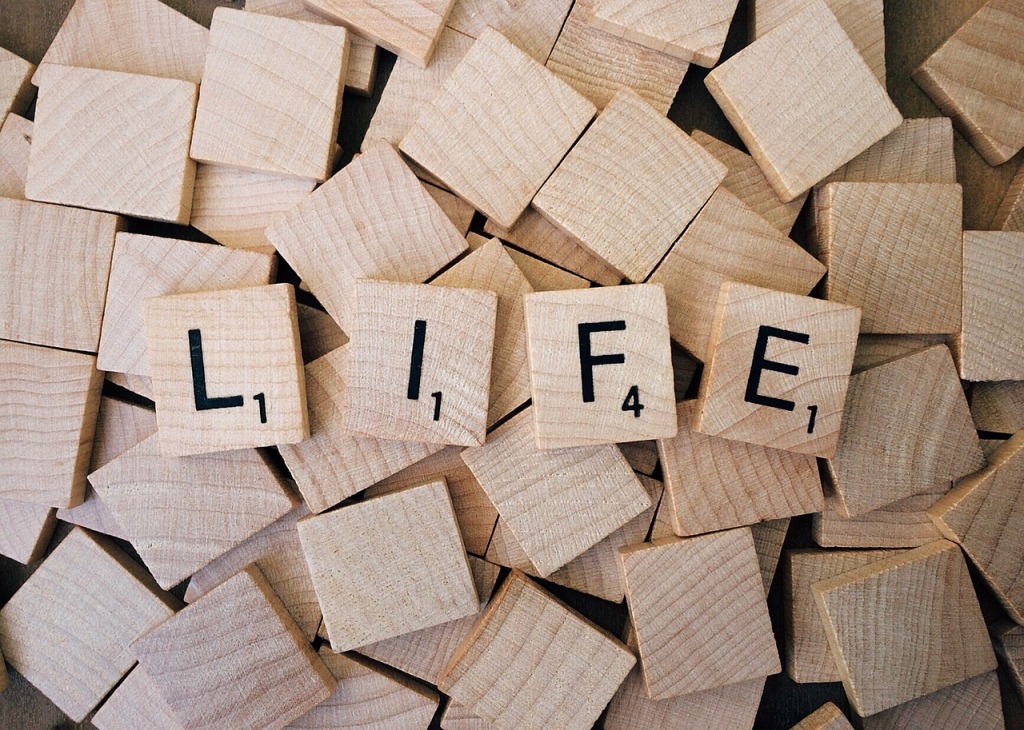
A long time ago, as a young adult—maybe not even in my twenties yet—I decided I wasn’t going to ask why anymore. Why me? Why them? Why is this happening? Instead I decided to ask what and how. As in, What can I learn from this and how can I use it to help me become a better person or use it to help others? For the past 20 or so years I have been good at doing this. It has helped stave off self-pity and has instead helped me to learn, grow and become more.
Then another bomb hit. Sometimes it feels like that’s all my life has been this past year. Explosion after explosion after explosion. Every time I feel like I’m clearing the rubble and can live a calamity-free life again, another bomb drops, another explosion goes off, and I’m left dealing with the fallout, trying to put all the pieces back together again.
The other day, as I was speaking with my husband, I told him I was having a hard time not asking, “Why?” this time. Most of the bombs dropped this past year have been the result of someone else’s choices. (Which is a great side-note: Our choices can have incredibly deep and long-lasting effects on others.) It’s hard not to ask why this has to be happening to me and my kids who are innocent in all of it. I immediately felt bad for the self-pity, then told my husband that if I were a better person I wouldn’t be feeling this way. “Christ didn’t do anything wrong,” I said. “He was perfect, but he never asked ‘why?’”
“Yes, he did,” my husband responded, then reminded me of when Christ, on the cross, cried out, “My God, my God, why hast thou forsaken me?” Christ did ask, “Why?”
Now, I’m not going to use this to start questioning any time something difficult or bad happens, even when it’s the result of someone else’s choices. I have found a lot of peace and happiness in staying away from the self-pitying question. But I did find comfort, yet again, in seeing that Christ understands. He has felt everything we have—not just through His suffering in Gethsemane.
The truth is that life is hard. I think it’s hard for everyone. Some people may have more reprieve between the explosions. Some people may deal better with them. It doesn’t mean we’re wrong for struggling—ever. There are so many lessons to learn and so much growth to take place—even when we take a moment to feel sad and ask, “Why?”
